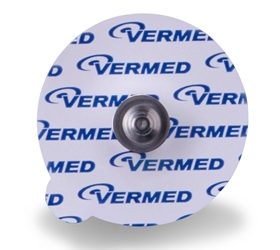When you are pregnant and are trying to determine which tests and screenings you should have performed to check on your developing baby, it can be difficult to know what exactly to do. You want your baby to come out happy and healthy with no problems, but you also want to have an idea if something is wrong with your developing baby before they are born so you can be prepared. One type of test that your doctor may recommend, especially if you have a family history of Down syndrome, is a Trisomy 21 Screening. This type of screening will help to determine if the developing baby has an extra 21 chromosome and will likely develop Down syndrome. There are many tests that can be done to determine if the baby will have Down syndrome including blood tests, pregnancy diagnostic tests, newborn diagnostic tests, and it is always important to understand the various reasons to test.
Blood Tests
There are many different types of blood tests that can be performed in place of trisomy 21 screening in order to check for trisomy 21. Since blood tests are a great resource to use for discovering any defects and problems in both the mother and the baby it makes sense that this should be one of the first steps taken when looking for trisomy 21.
Pregnancy Diagnostic Tests
If the blood tests show signs of trisomy 21, then it is time to perform some pregnancy diagnostic tests. Some of the options available include amniocentesis, chorionic villus sampling, and percutaneous umbilical blood sampling; each of these can be performed at various times throughout the pregnancy in order to detect the presence of trisomy 21.
Newborn Diagnostic Tests
If there were not any forms of trisomy 21 screening performed during the pregnancy, or if none of the tests noticed this defect throughout the pregnancy, there are tests that can be undertaken after the baby is born. Usually the doctor with determine if tests are necessary by the appearance of the baby and a chromosomal karyotype will be performed.
Reasons to Test
There are various reasons for choosing to choose these tests or not to choose them. Some reasons to choose trisomy 21 screening include having the ability to plan for all the needs that the child will have, start anticipating the life changes necessary, find support groups and other resources to aid during the difficult times, and allowing you to make important decisions concerning whether to carry the child to full term. There are some individuals who choose not to test for this defect. Some of their reasons include not wanting to harm the baby, are comfortable no matter the results with how their baby will turn out, and because there are no questions about carrying the baby full term no matter the outcome.
If you would like to know more about trisomy 21 screening, contact Ariosa Diagnostics. They are available to answer your questions at 1-855-9-ARIOSA.


